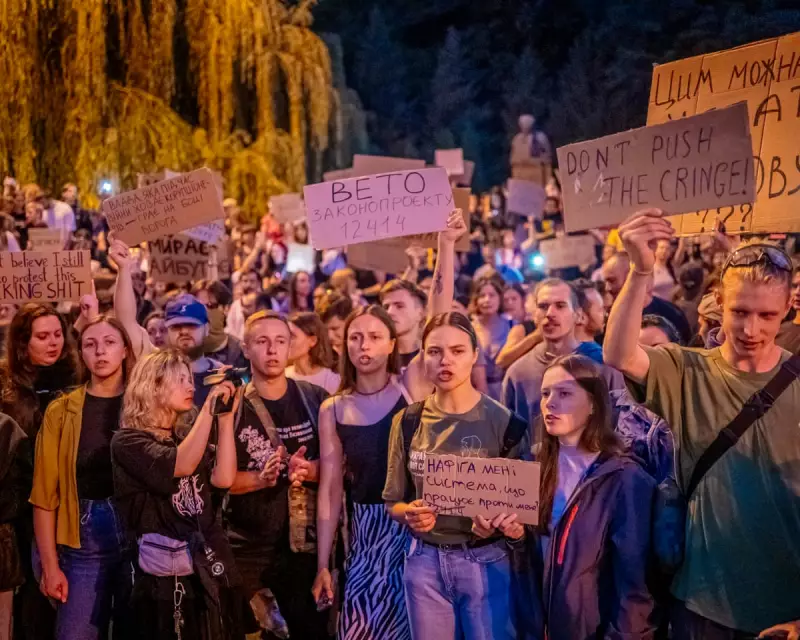
Ukrainian citizens are expressing growing frustration with President Volodymyr Zelenskyy after his government introduced a controversial anti-corruption measure that many view as crossing democratic boundaries during the ongoing war with Russia.
The new legislation, passed under martial law provisions, has sparked outrage among civil society groups and opposition politicians who argue it gives the government excessive powers to monitor citizens' finances under the guise of combating corruption.
Wartime Measures Spark Civil Liberties Concerns
Human rights organisations warn the law establishes dangerous precedents that could persist long after the conflict ends. "This isn't just about fighting corruption - it's about consolidating control," said one Kyiv-based activist who requested anonymity.
The legislation requires banks to report suspicious transactions to security services without judicial oversight and expands the definition of "unexplained wealth" that can be seized by the state.
Zelenskyy's Declining Popularity
Public opinion polls show the president's approval ratings have dropped significantly since the law's introduction. Many Ukrainians who previously supported Zelenskyy's wartime leadership now accuse him of exploiting the conflict to push through authoritarian measures.
"We're fighting for our survival against Russia, but we can't sacrifice the very democracy we're defending," remarked a veteran of the Donbas fighting now participating in protests against the law.
Government Defends Anti-Corruption Push
Officials maintain the measures are necessary to prevent wartime profiteering and ensure transparency in defence spending. "Corruption is a weapon Russia uses against us," argued a government spokesperson. "We must cut off all opportunities for abuse."
International partners have expressed cautious support for Ukraine's anti-corruption efforts while urging respect for democratic norms. The European Commission has requested clarification on several provisions of the new law.





